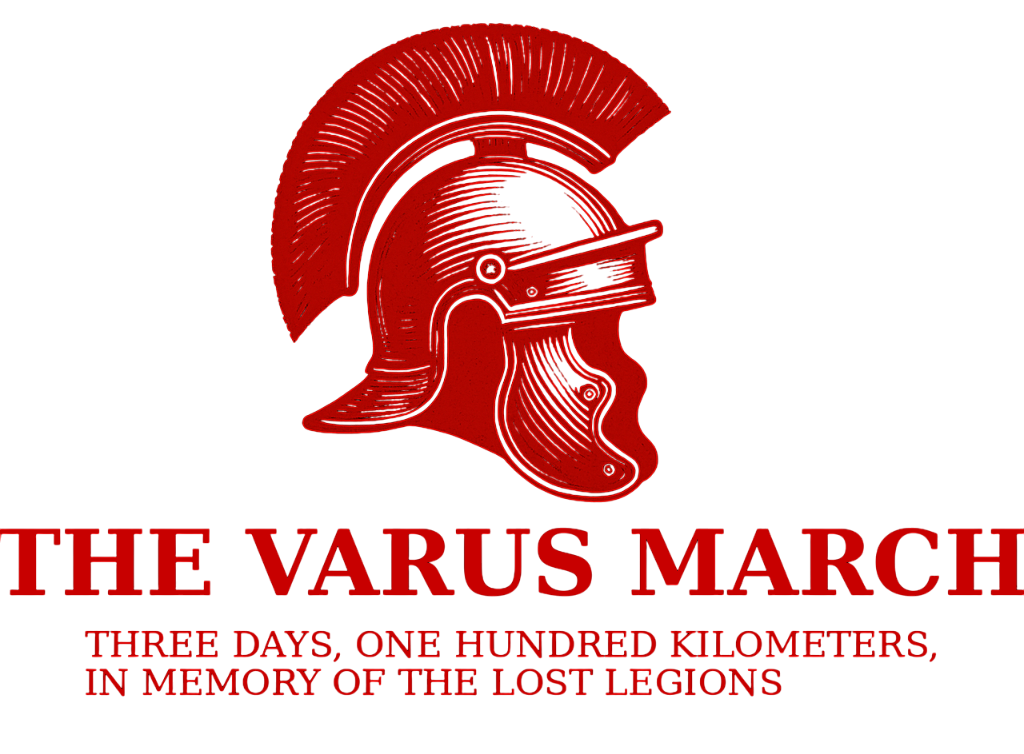
Introduction
Gaius Octavius Thurinus, better known as Augustus (63 BC – 14 AD), was the first emperor of Rome and the founder of the Principate. His reign established the foundations for the Roman Empire’s stability and expansion.
The defeat at Teutoburg occurred near the end of his long rule and had a profound effect on him.
Role in the Events
Under Augustus, Rome had pursued an ambitious program of expansion into Germania. The loss of three legions under Varus dealt a major blow to this vision.
Ancient sources describe Augustus’s intense personal reaction to the news. According to Suetonius, he was overcome by grief, neglecting his appearance, banging his head against walls, and repeatedly crying, “Quintili Vare, legiones redde!”
Augustus immediately ordered the reinforcement of the Rhine frontier and reorganisation of military defenses, halting plans for further expansion eastward.
Legacy
Teutoburg marked a turning point in Augustus’s frontier policy. After the defeat, Roman efforts focused on consolidating and securing existing borders rather than risking overextension.
The defeat reinforced Augustus’s broader political message: the importance of security, order, and controlled expansion rather than reckless conquest.
The psychological shock of the loss persisted into later generations and shaped Roman military thinking well beyond Augustus’s lifetime.
